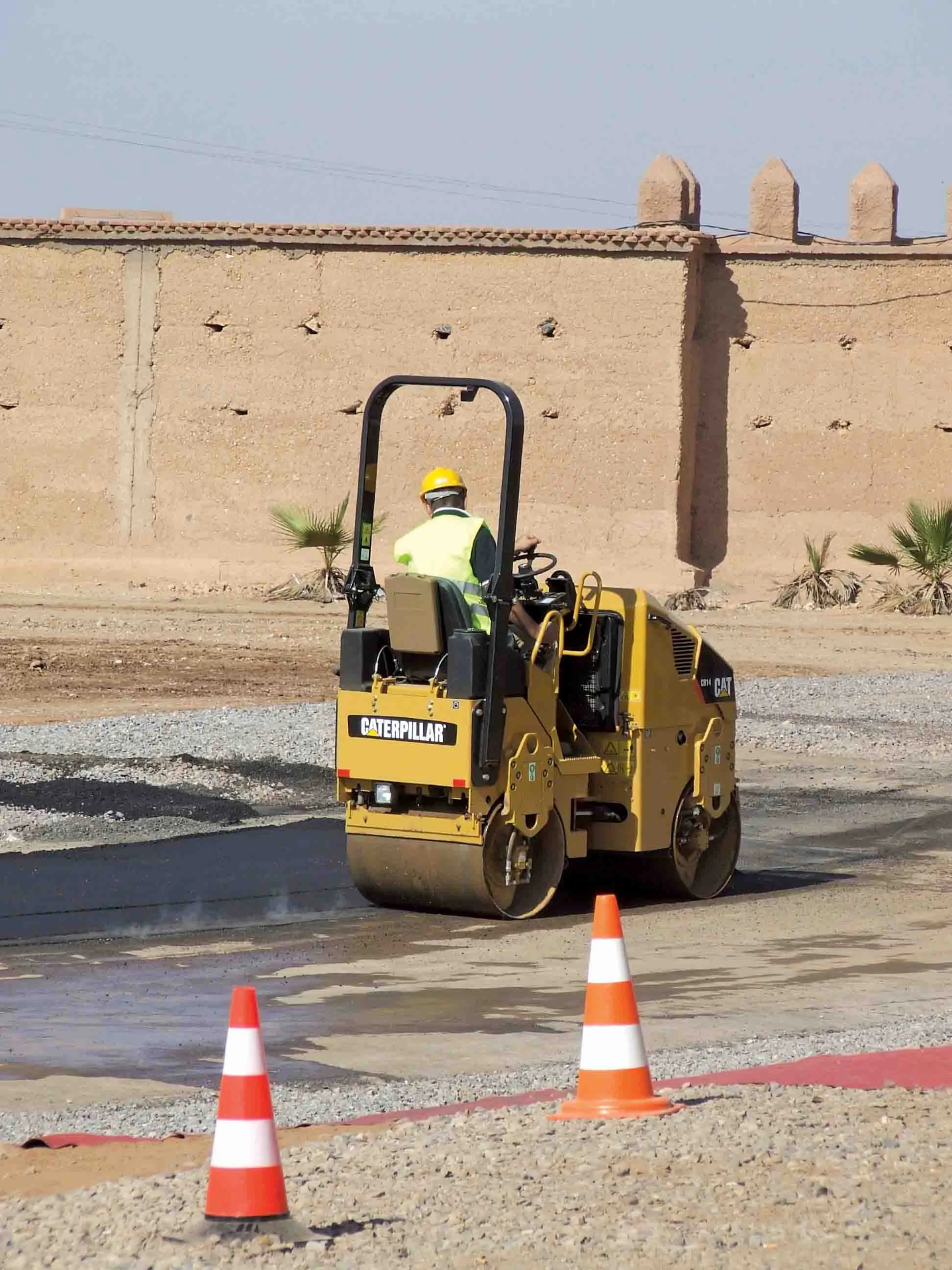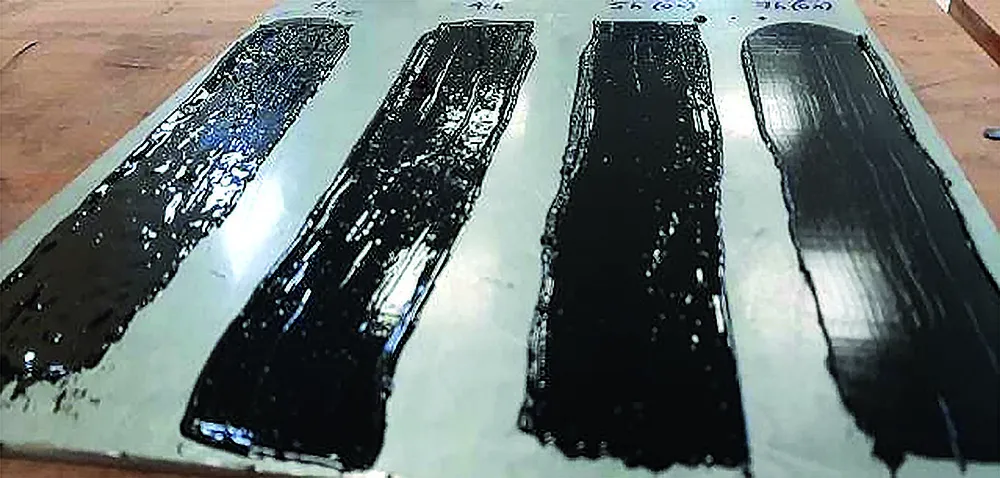Researchers at the University of British Columbia (UBC) in Canada believe they may have discovered a cure for ‘concrete cancer’, which afflicts many concrete structures. The Canadian claims for a concrete cancer cure revolve around a novel method for producing concrete using discarded glass.
Researchers at UBC’s Okanagan campus were able to reduce the chemical reaction that previously caused glass-fed concrete to weaken, expand and crack. This reaction is widely referred to as concrete cancer.
“Every
May 26, 2016
Read time: 2 mins
Researchers at the University of British Columbia (UBC) in Canada believe they may have discovered a cure for ‘concrete cancer’, which afflicts many concrete structures. The Canadian claims for a concrete cancer cure revolve around a novel method for producing concrete using discarded glass.
Researchers at UBC’s Okanagan campus were able to reduce the chemical reaction that previously caused glass-fed concrete to weaken, expand and crack. This reaction is widely referred to as concrete cancer.
“Every year, millions of tons of glass bypass recycling centres and end up in North American landfills,” said associate professor of engineering Shahria Alam. “Like many engineers, we are interested in making smarter building materials that can give the construction industry the resources they need without necessarily having to take new resources out of the ground.
“Researchers have been looking for a long time for ways to reliably make use of glass in concrete construction, and we believe that this research represents a significant advancement in that search.”
Concrete cancer occurs when the alkaline properties of cement paste react with silica properties that can occur in recycled concrete additives, such as glass. In this recent study, Alam and co-researcher Anant Parghi, found that by adding a water-based, synthetic rubber polymer, fly ash, and silica powder to the concrete mixture, they were able to effectively neutralise negative chemical reactions.
“By partially replacing cement with polymer, fly ash and glass powder, we were able to produce concrete that was more than 60% stronger than what was previously believed possible,” said Parghi. “Though further testing is needed to assess long-term stability, it now looks like we can replace up to 25% of the cement materials that had to be mined for cement production with glass.”
All of the glass used in the study was taken from the landfill in Kelowna, BC and was considered waste at the time it was retrieved. The concrete additives were donated from Kelowna-based company POLYRAP Engineered Concrete Solutions.
Alam and Parghi’s study was recently published in the journal Construction and Building Materials.
Researchers at UBC’s Okanagan campus were able to reduce the chemical reaction that previously caused glass-fed concrete to weaken, expand and crack. This reaction is widely referred to as concrete cancer.
“Every year, millions of tons of glass bypass recycling centres and end up in North American landfills,” said associate professor of engineering Shahria Alam. “Like many engineers, we are interested in making smarter building materials that can give the construction industry the resources they need without necessarily having to take new resources out of the ground.
“Researchers have been looking for a long time for ways to reliably make use of glass in concrete construction, and we believe that this research represents a significant advancement in that search.”
Concrete cancer occurs when the alkaline properties of cement paste react with silica properties that can occur in recycled concrete additives, such as glass. In this recent study, Alam and co-researcher Anant Parghi, found that by adding a water-based, synthetic rubber polymer, fly ash, and silica powder to the concrete mixture, they were able to effectively neutralise negative chemical reactions.
“By partially replacing cement with polymer, fly ash and glass powder, we were able to produce concrete that was more than 60% stronger than what was previously believed possible,” said Parghi. “Though further testing is needed to assess long-term stability, it now looks like we can replace up to 25% of the cement materials that had to be mined for cement production with glass.”
All of the glass used in the study was taken from the landfill in Kelowna, BC and was considered waste at the time it was retrieved. The concrete additives were donated from Kelowna-based company POLYRAP Engineered Concrete Solutions.
Alam and Parghi’s study was recently published in the journal Construction and Building Materials.








